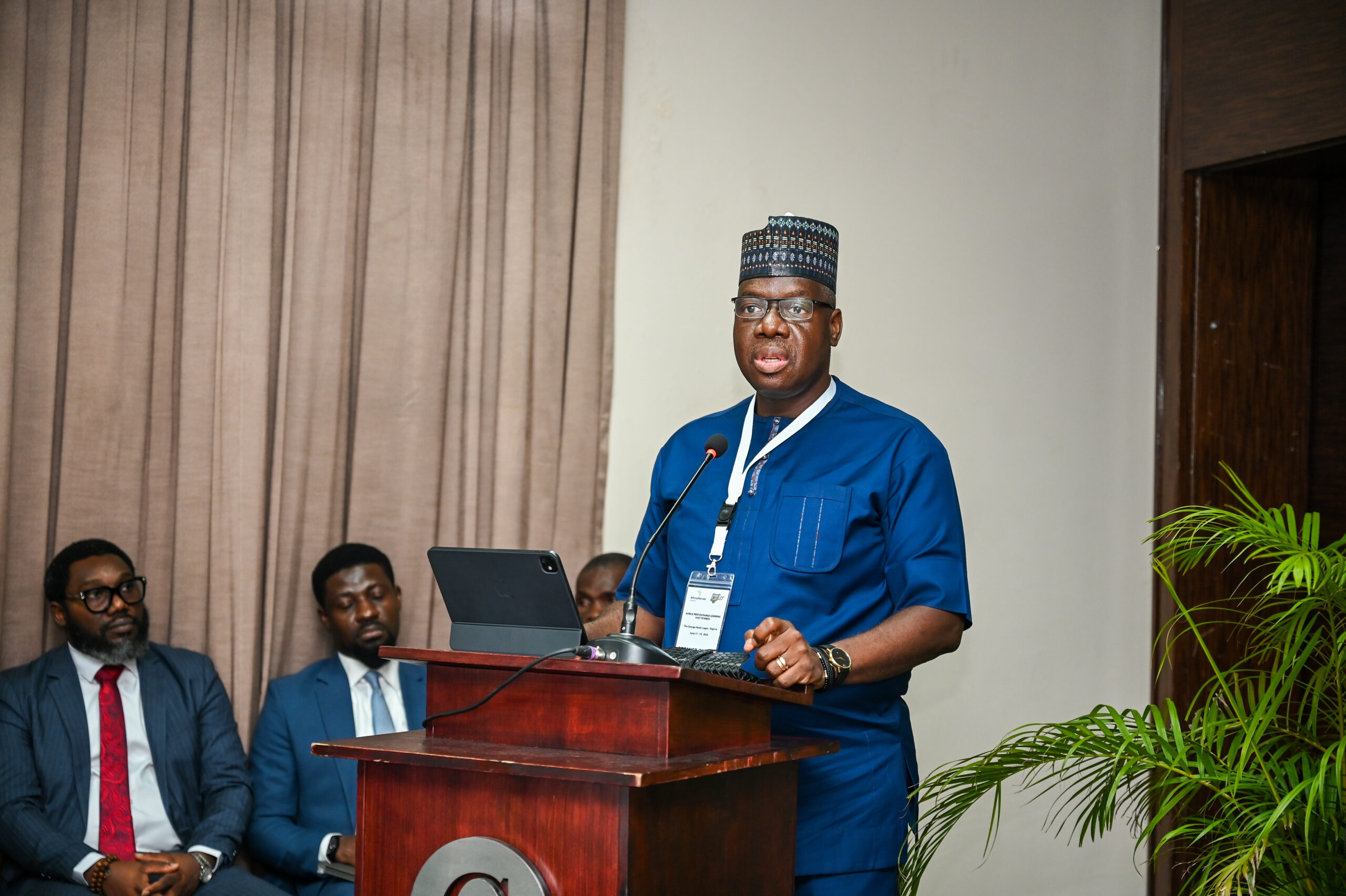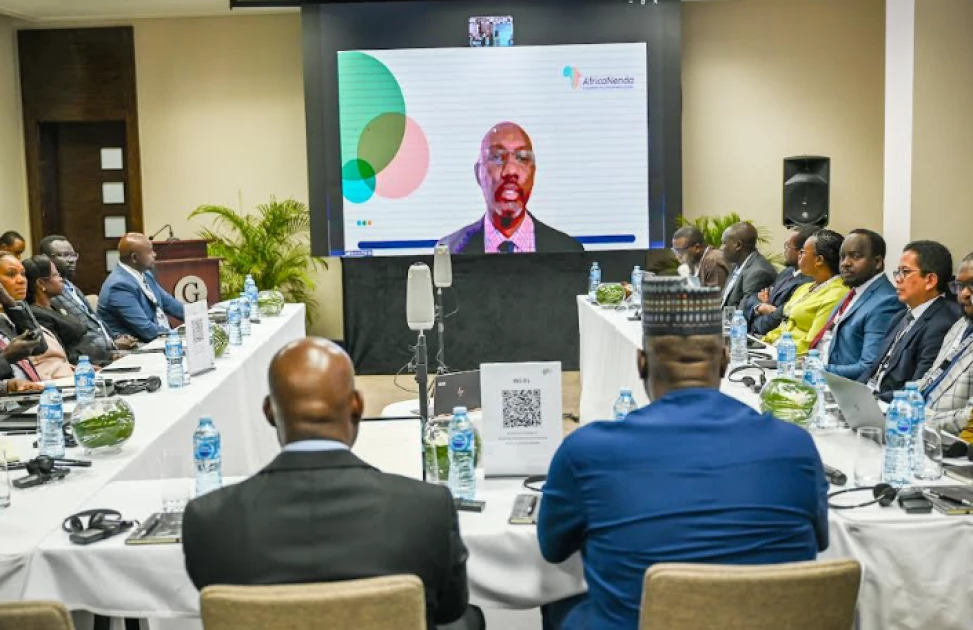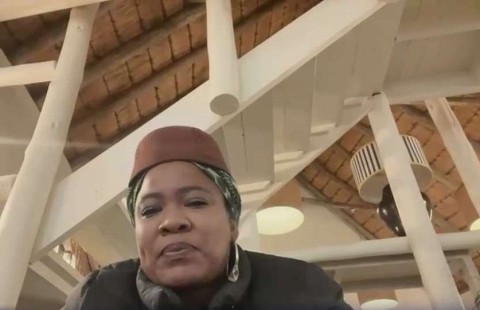AfricaNenda Foundation and NIBSS Advocate for Scalable, Inclusive Payment Systems

Africa faces a critical challenge: despite significant advancements in mobile technology, fintech investment, and digital public infrastructure, over 400 million of its citizens remain financially excluded. This contradiction, highlighted by Dr. Robert Ochola, CEO of AfricaNenda Foundation, is deemed “not only unsustainable but unacceptable.” He stressed the urgent need for African nations to move beyond building digital infrastructure that primarily serves a limited elite and instead focus on developing scalable systems designed to include the most vulnerable populations, particularly women, youth, and informal workers.
During the opening plenary of the Peer Learning Visit, co-hosted by AfricaNenda Foundation and the Nigeria Inter-Bank Settlement System (NIBSS) in Lagos, Dr. Ochola urged policymakers to prioritize the creation of inclusive, interoperable financial systems. These systems, he emphasized, must be “built from the margins inward,” questioning whether the continent can truly build inclusive, scalable systems that serve every citizen, not just the privileged few. He presented Nigeria’s NIBSS payment system as a powerful example of continental leadership, demonstrating the importance of establishing interoperable, trusted systems underpinned by robust governance and local ownership.
Dr. Ochola detailed the success of Nigeria’s NIBSS system, noting its capacity to process nearly a billion transactions monthly. He described it as a comprehensive network that seamlessly connects banks, fintechs, and switches, operating 24/7 with real-time clearing capabilities, deep security features, and an inherently inclusive design. AfricaNenda Foundation actively supports these efforts by assisting with system design, building regulatory capacity, and fostering peer learning through communities of practice, embodying a philosophy of listening, learning, and collaborating with countries as they construct inclusive financial infrastructure.
Expanding on the vision for African financial independence, Premier Oiwoh, Managing Director and CEO of NIBSS, advocated for African countries to abandon outdated legacy frameworks in favor of developing homegrown payment solutions. He underscored the imperative to dismantle artificial trade barriers and vigorously promote continental integration. “Africa must move beyond colonial mindsets and build payment solutions by Africans, for Africans. Free trade requires free movement,” Oiwoh asserted. He proposed the establishment of an Africa Regulators Forum on Digital Payments, citing NIBSS’s close partnership with the Central Bank of Nigeria (CBN) as a model for promoting real-time regulatory oversight and elevating operational standards across the continent.
Representing Phillip Ikeazor, Deputy Governor, Financial System Stability at the Central Bank of Nigeria and Chairman of NIBSS, Musa Jimoh reiterated a crucial insight: the true adversary in Africa’s financial landscape is cash, rather than other financial institutions. He explained that Nigeria’s pioneering instant payments model emerged from a strategic necessity to address local challenges through scalable innovation. To broaden these benefits continent-wide, Mr. Jimoh called upon regulators to intensify collaboration and engage in continuous dialogue, urging them to “rise above jurisdictional silos to come together and work as Africans” to meet the demands of an increasingly complex environment.
The five-day Peer Learning Visit itself served as a pivotal platform for continental dialogue on inclusive payments, convening delegates from over 10 African countries, including representatives from central banks, payment system operators, and regulatory bodies. Participants engaged in technical briefings, policy dialogues, site visits, and hands-on workshops. Nigeria’s National Instant Payments (NIP) system was showcased as a living case study in constructing interoperable, real-time payment systems that effectively drive financial inclusion. The event concluded with attendees sharing a collective ambition to replicate Nigeria’s successes, adapting solutions to their specific national and regional contexts, all with the overarching goal of actualizing inclusive instant payments for all Africans.








